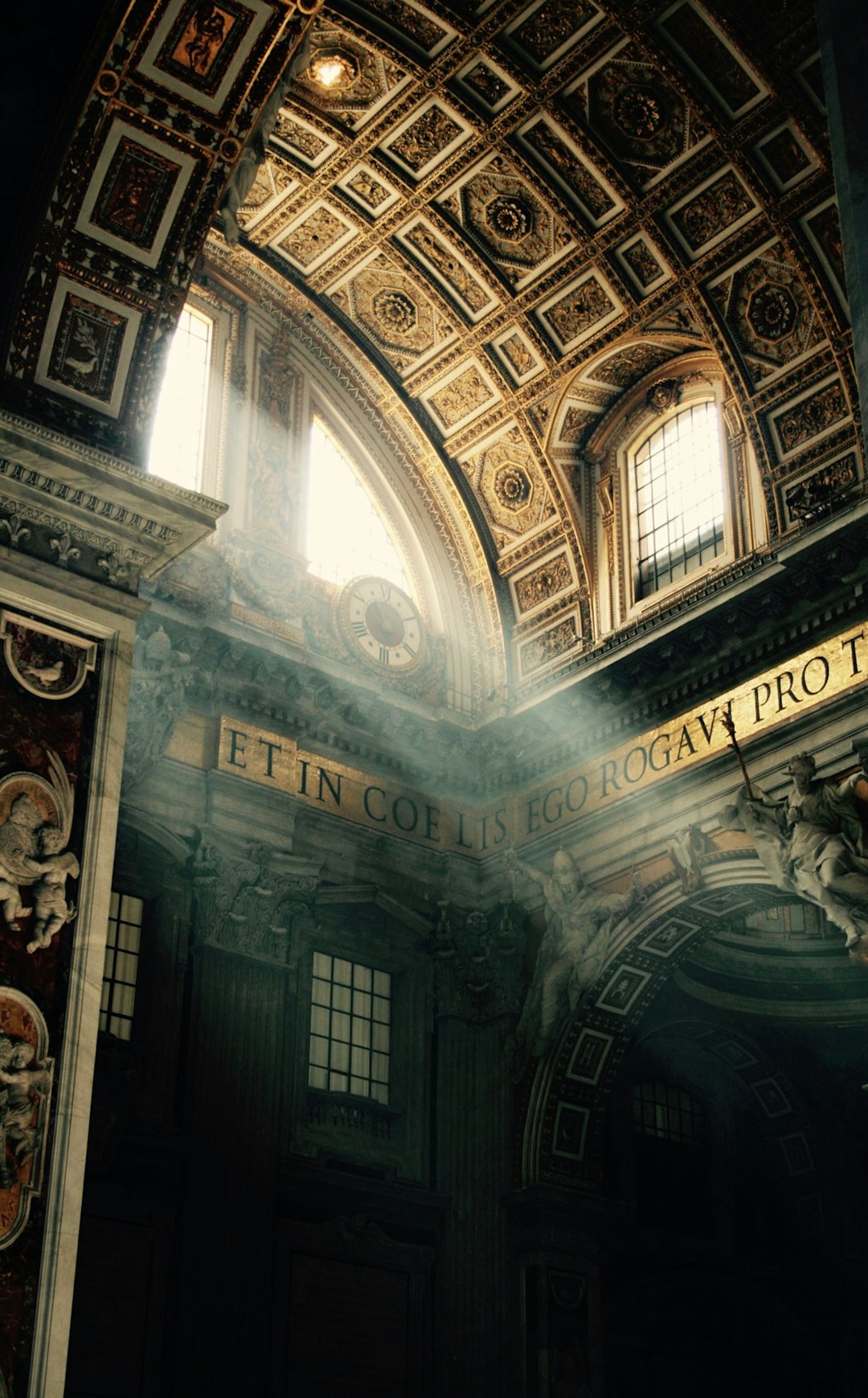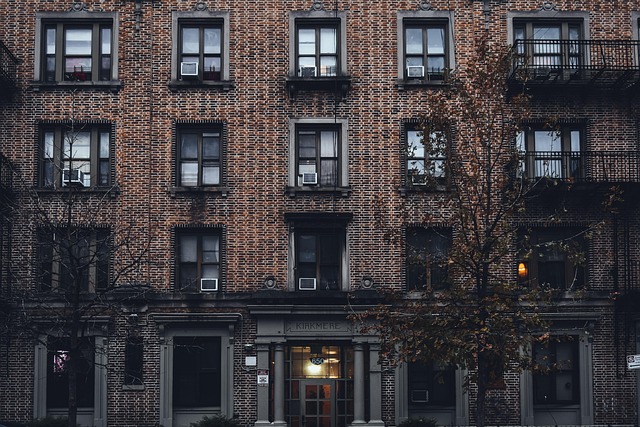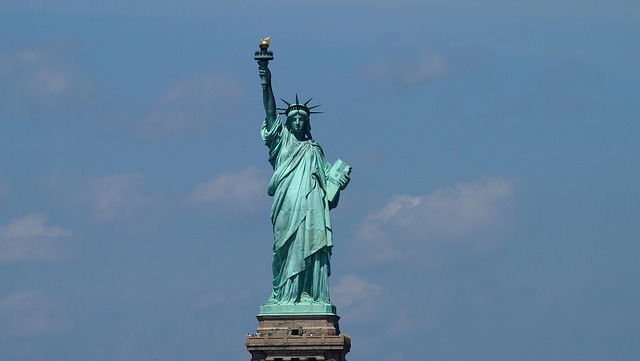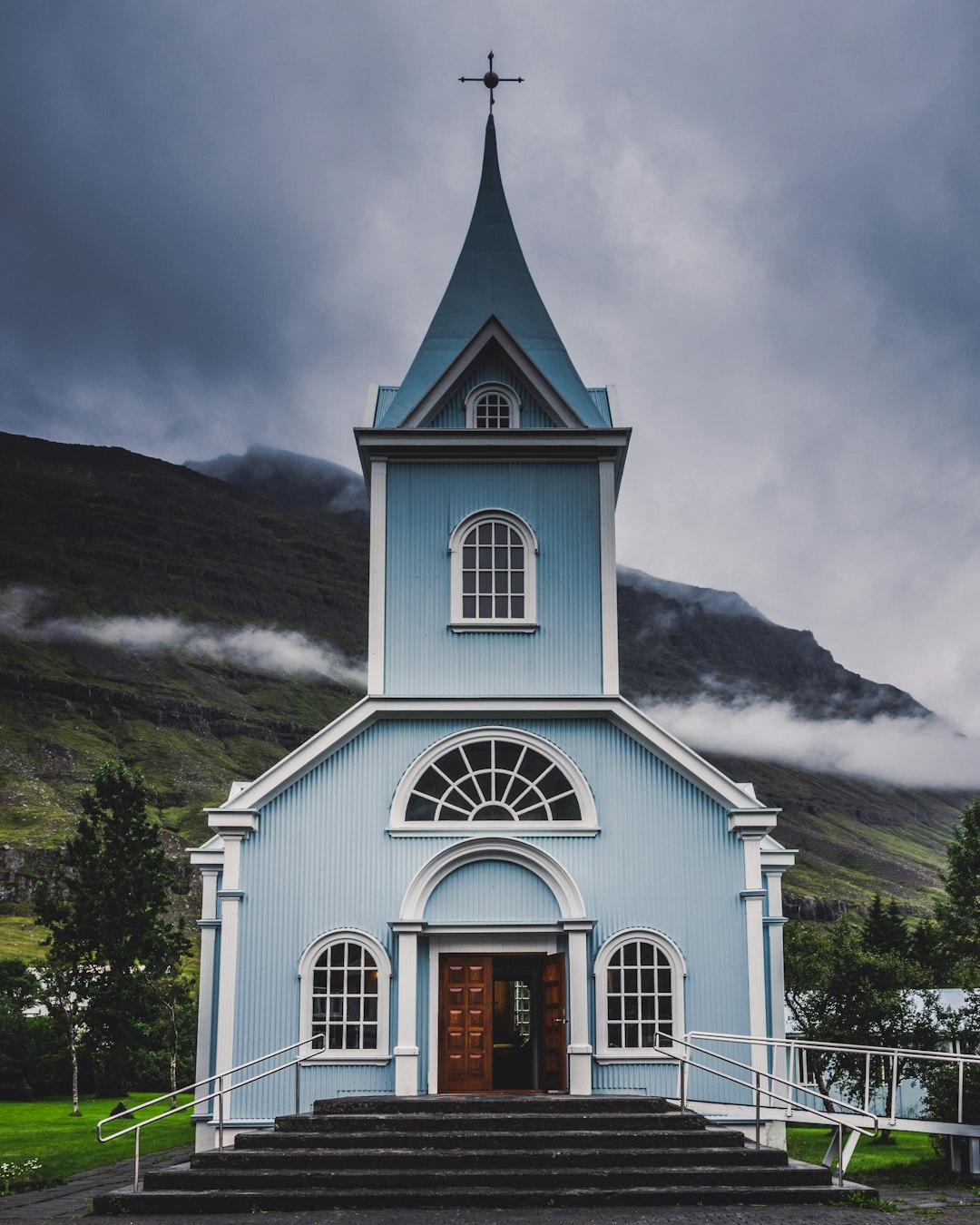Victims of clerical sexual or emotional abuse in New York face unique challenges, including statutes of limitations, privacy concerns, and potential retaliation. Specialized clergy abuse attorneys in New York, NY are crucial for navigating these complexities, offering legal guidance, advocacy, and support to help victims seek justice, heal, and hold abusers accountable. These lawyers possess expert knowledge of the sensitive nature of clergy abuse cases, ensuring every legal avenue is explored for justice and recovery.
In New York, clergy abuse lawsuits are a vital mechanism for victims to seek justice and healing. Understanding these complex legal proceedings is crucial for those affected by spiritual exploitation. This article delves into the critical role of clergy abuse attorneys in NYC, explaining how they navigate intricate legalities to support survivors. From understanding the law to pursuing compensation, these specialists empower victims to break free from their painful pasts. If you or someone you know has experienced clergy abuse, exploring legal options with a dedicated New York clergy abuse attorney is an essential step towards healing and justice.
Understanding Clergy Abuse Lawsuits in New York

In New York, clergy abuse lawsuits are legal proceedings that aim to hold accountable individuals or organizations within the religious community who have committed acts of sexual or emotional misconduct against their congregants or minors. These cases often involve complex issues of faith, privacy, and civil law, making it crucial for victims to seek expert guidance from experienced clergy abuse attorneys in NY.
Understanding the legal framework surrounding these sensitive matters is essential. New York has specific statutes of limitations and procedures for filing lawsuits against clergy members or religious institutions. Victims may face unique challenges when coming forward, including concerns about privacy, potential retaliation, and the emotional burden of reliving traumatic experiences. Therefore, it’s important to connect with attorneys who specialize in this area, have a proven track record of success, and can provide compassionate support throughout the legal process.
The Role of Attorneys in Supporting Victims

When victims of clergy abuse in New York seek justice, they often turn to experienced clergy abuse attorneys in New York, NY, for guidance and support. These attorneys play a crucial role in advocating for individuals who have suffered at the hands of religious leaders or institutions. They provide legal expertise tailored to the unique challenges faced by these victims.
Attorneys specializing in clergy abuse cases offer more than just legal counsel; they become advocates for healing and accountability. They help victims navigate complex legal systems, ensuring their rights are protected throughout the process. By thoroughly investigating the allegations, gathering evidence, and constructing a compelling case, these attorneys enable victims to share their stories and seek closure. Their support extends beyond the courtroom, fostering an environment where victims feel heard and empowered to take control of their healing journey.
Navigating Legal Complexities and Seeking Justice

Navigating the legal complexities surrounding clergy abuse cases in New York requires specialized knowledge and expertise, which is why victims turn to experienced clergy abuse attorneys in NY. These lawyers have a deep understanding of the unique challenges and sensitive nature of such cases. They guide clients through intricate laws, regulations, and church-specific policies to ensure every legal path is explored for justice and healing.
Seeking justice for past atrocities is a courageous step, and clergy abuse attorneys in New York are dedicated to supporting victims. They work tirelessly to protect the rights of individuals who have suffered at the hands of religious leaders, ensuring they receive the compensation and recognition they deserve. Through strategic legal representation, these attorneys aim to hold accountable those responsible and create a safer environment for future generations within faith communities.





